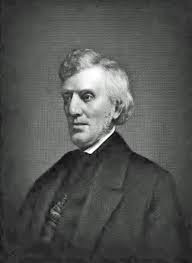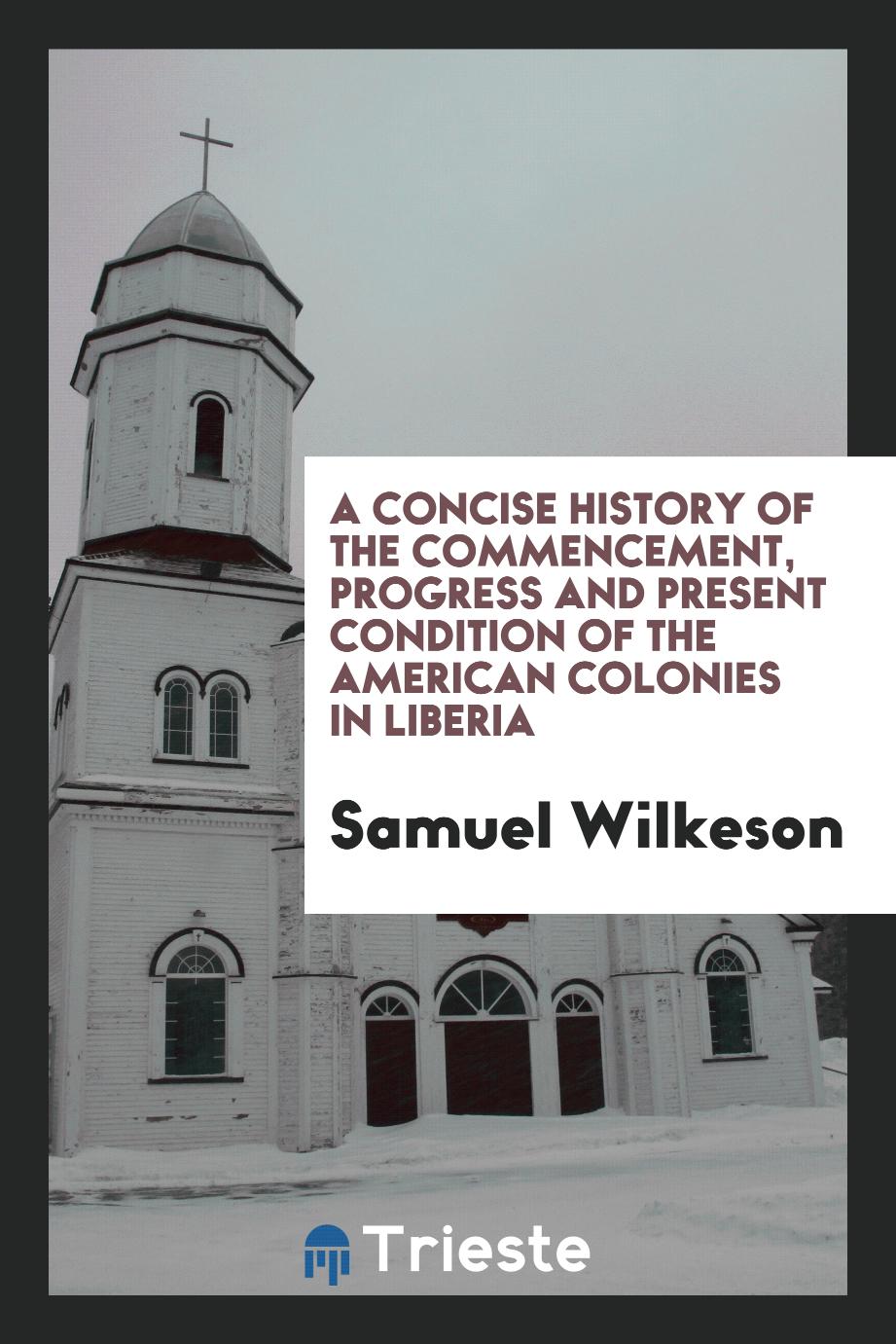
Samuel Wilkeson
Samuel Wilkeson (July 7, 1781 - June 1, 1848) was a merchant, politician, and judge who served as mayor of Buffalo, New York. He was born in Carlisle, Pennsylvania on June 1, 1781. He was a child of John Wilkeson and Mary (née Robinson) Wilkeson, immigrant farms from the north of Ireland. After the death of his father around 1802, Wilkeson moved to Mahoning County, Ohio where he built a farm and the first grist mill in the area. During the War of 1812 Wilkeson was asked to build a fleet of ships for the U.S. Army at Buffalo, brought his family there, and opened a general store. In 1815, he became the village's first Justice of the Peace and later chosen as a village trustee. He was a member of the Buffalo Harbor Company that brought the terminus of the Erie Canal to Buffalo, versus its rival Black Rock. In the early 1820s, he led the project to improve the harbor to make it suitable as the canal terminus. In February 1821, Wilkeson was appointed First Judge of the Court of Common Pleas and held this position until 1824. In the early 1820s he went into partnership with Ebenezer Johnson (Buffalo's first mayor) in shipping and real estate enterprises, and once owned the land on which the Buffalo City Hall now stands. His later ventures included building the first steam boiler in Buffalo and operating foundries or factories in several areas of the city. In 1823, Samuel Wilkeson was elected to the New York State Assembly as a People's Party candidate serving from January 1, 1824 to December 31, 1824 when he was succeeded by Calvin Fillmore. In 1824, he was elected as a Clintonian (supporters of DeWitt Clinton, opposed to the Bucktails) to the New York State Senate, serving until 1829 in one of the four seats in the Eighth District, which consisted of Allegany, Cattaraugus, Chautauqua, Erie, Genesee, Livingston, Monroe, Niagara and Steuben counties. In 1836, he was elected to replace Hiram Pratt, the mayor of Buffalo. During his term he focused on law enforcement issues and presided over a city in the depths of a nationwide financial depression. After his term, in 1838, he became general agent of the American Colonization Society, who wanted to colonize African-Americans in Liberia. He died on July 7, 1848, on his way to visit his daughter who was now living in Tellico Plains, Tennessee.
